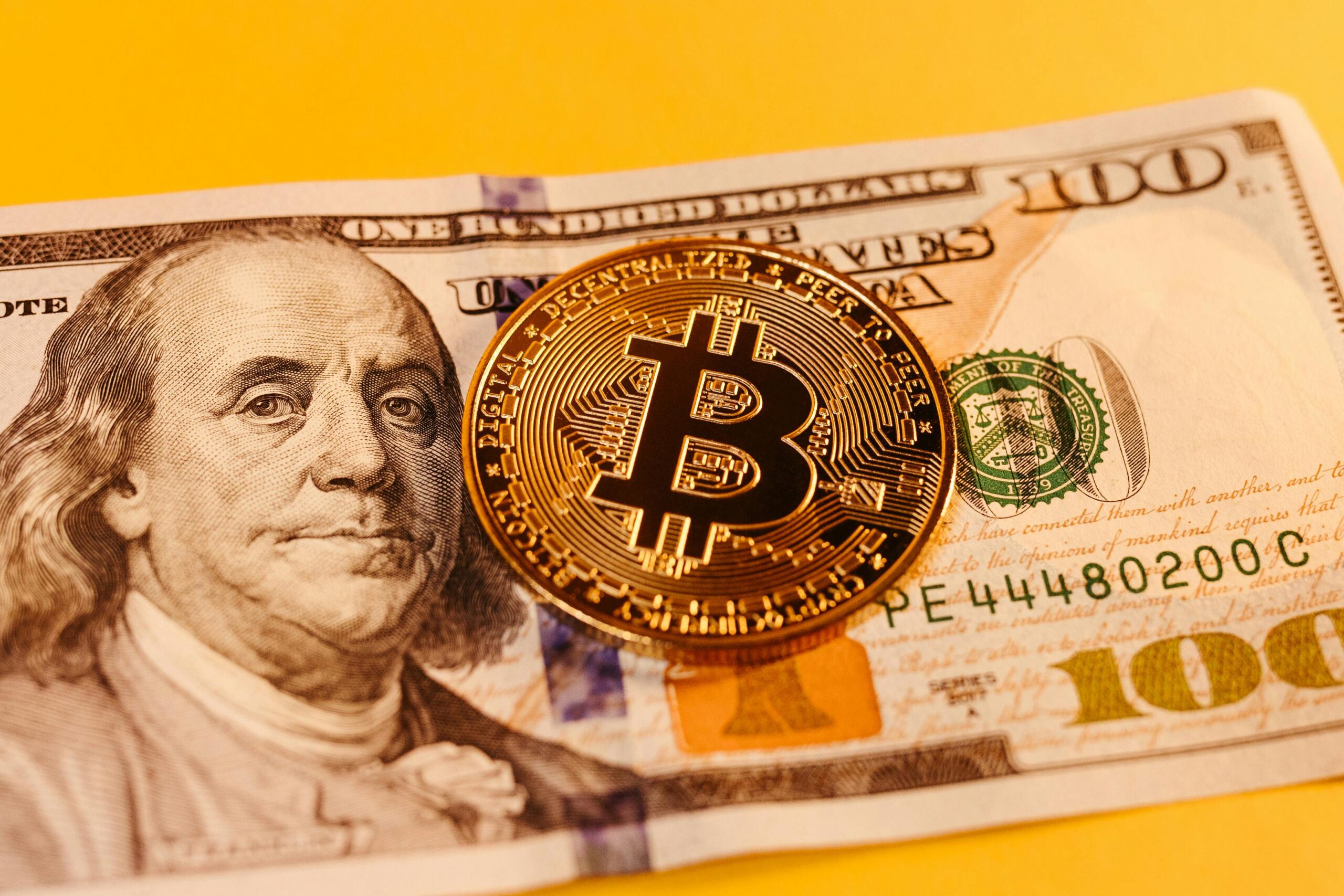Goldman Sachs CEO Explores Bitcoin’s Role in Global Financial System
David Solomon, the CEO of Goldman Sachs, recently shared his perspective on Bitcoin and its impact on the world economy. During a recent event, Solomon dismissed the idea that Bitcoin and other cryptocurrencies could pose a threat to the dominance of the US dollar.
According to Solomon, while Bitcoin has gained significant attention in recent years, it is unlikely to replace traditional fiat currencies like the US dollar. He believes that Bitcoin’s limited supply and decentralized nature make it a valuable asset, but not a direct competitor to established currencies.
Bitcoin’s Growing Influence
Despite Solomon’s skepticism about Bitcoin’s potential to challenge the US dollar’s supremacy, the cryptocurrency has continued to gain traction in the financial world. Institutional investors are increasingly interested in Bitcoin as a hedge against inflation and economic uncertainty.
Moreover, the recent endorsement of Bitcoin by Tesla and other major corporations has further legitimized the cryptocurrency as a store of value. As more companies and investors embrace Bitcoin, its role in the global financial system is likely to evolve.
Impact on Individuals
For individuals, the growing acceptance of Bitcoin could provide new opportunities for investment and financial security. By diversifying their portfolios with cryptocurrencies, individuals may be able to protect their wealth against market volatility and inflation.
Additionally, the widespread adoption of Bitcoin could lead to greater financial inclusion and access to digital assets for people around the world. As traditional banking systems struggle to meet the needs of underserved populations, cryptocurrencies like Bitcoin offer a decentralized alternative for managing and transferring funds.
Global Implications
On a global scale, the integration of Bitcoin into the financial system could reshape the dynamics of international trade and investment. As more countries explore the use of digital currencies, Bitcoin may serve as a bridge for cross-border transactions and economic cooperation.
However, regulatory challenges and concerns about money laundering and illicit activities continue to hinder the mainstream adoption of Bitcoin. Governments and financial institutions are still grappling with how to regulate and monitor the use of cryptocurrencies without stifling innovation or imposing unnecessary restrictions.
Conclusion
In conclusion, while Goldman Sachs CEO David Solomon remains cautious about Bitcoin’s potential to disrupt the global financial system, the cryptocurrency’s increasing popularity and adoption suggest a more nuanced future for digital assets. As individuals and institutions navigate the complex landscape of cryptocurrency investments, the role of Bitcoin in the world economy will continue to evolve, reshaping traditional finance and opening up new opportunities for financial growth and innovation.
How This Will Affect Me
The acceptance of Bitcoin as a legitimate asset class could offer me new avenues for investment and wealth preservation. By diversifying my portfolio with cryptocurrencies, I may be able to protect my finances against market volatility and inflation. Additionally, the growing adoption of Bitcoin may lead to greater financial inclusion and access to digital assets, empowering me to manage my funds more efficiently and securely.
Global Impact
The integration of Bitcoin into the global financial system could have far-reaching consequences for economies and societies around the world. As countries explore the potential of digital currencies, Bitcoin may facilitate cross-border transactions and economic cooperation, breaking down barriers to financial inclusion and fostering greater economic connectivity. However, regulatory challenges and concerns about illicit activities may hamper the widespread adoption of Bitcoin, necessitating a careful balance between innovation and oversight.





